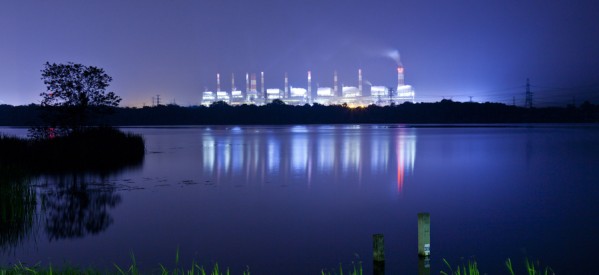Big fish keen to engage on latest round of Thailand IPP auction, but why are others less interested?

The latest power generation capacity auction for independent power producers (IPPs) has drawn a lukewarm response from a number of developers due reportedly, to impractical conditions.
Only nine proposals from five IPPs were submitted on Monday, and all of the projects would be gas-fired plants.
The five are state-owned Electricity Generating Authority of Thailand Plc, Gulf JP Co, National Power Supply, Glow Energy Plc and Amata B Grimm Power Group. These are the most prominent and ambitious power generators in Thailand based on existing capacity and project pipelines, so it is no surprise that the big fish were keen to engage on the latest round of bidding.
The third and latest round of bidding is aimed at generating 5,400 megawatts of gas-fired power, with each plant producing 900 to 2,700 MW.
The Energy Regulatory Commission (ERC) said nearly 100 IPPs had expressed interest earlier, how many of these would have the capability to handle a project of this scale effectively, is debatable
“All 5,400 MW will be gas-fired plants to start operating after 2021 in accordance with the national power development plan,” said ERC chairman Direk Lavansiri.
Energy expert Tienchai Chongpeerapien said he is not surprised by the insistence on gas-based plants, given that such facilities are easier to develop than coal-fired plants.
Coal-fired plants are at a disadvantage in that they must be near waterways to allow shipment of coal in Thailand, giving gas far more flexibility in site selection in addition to significantly reduced emissions and higher efficiency through the almost mandatory deployment of combined cycle systems.
The scant number of bidders also reflects the high cost of building power plants locally, said Mr Tienchai.
“If investors are investing in power plants in neighbouring countries, then they will be able to sell the power to Thailand too,” he said.
The ERC will spend three months to determine the auction winners.
Thailand’s biggest IPP, Ratchaburi Electricity Generating Holding (Ratch), called the latest auction round uninteresting.
Ratch president Noppol Milinthanggoon said certain conditions have made projects too difficult to be viable.
For example, while a plant must be far from green areas under the law, the projects require a large space near PTT’s liquefied natural gas (LNG) terminal in Rayong province, which is full of orchards and plantations.
Also, the minimum bank guarantee of 1.25 billion baht for bidders is too high, said Mr Noppol.
Ratch has land in Ratchaburi and Pathum Thani provinces that can be developed, but the plots are far from PTT’s LNG service area. Ratch plans to expand through acquisitions instead.
With a number of plants due for decommissioning such as EGCO’s Rayong and Khanom facilities, it is clear that gas will continue to be the fuel of choice in Thailand for new capacity.






